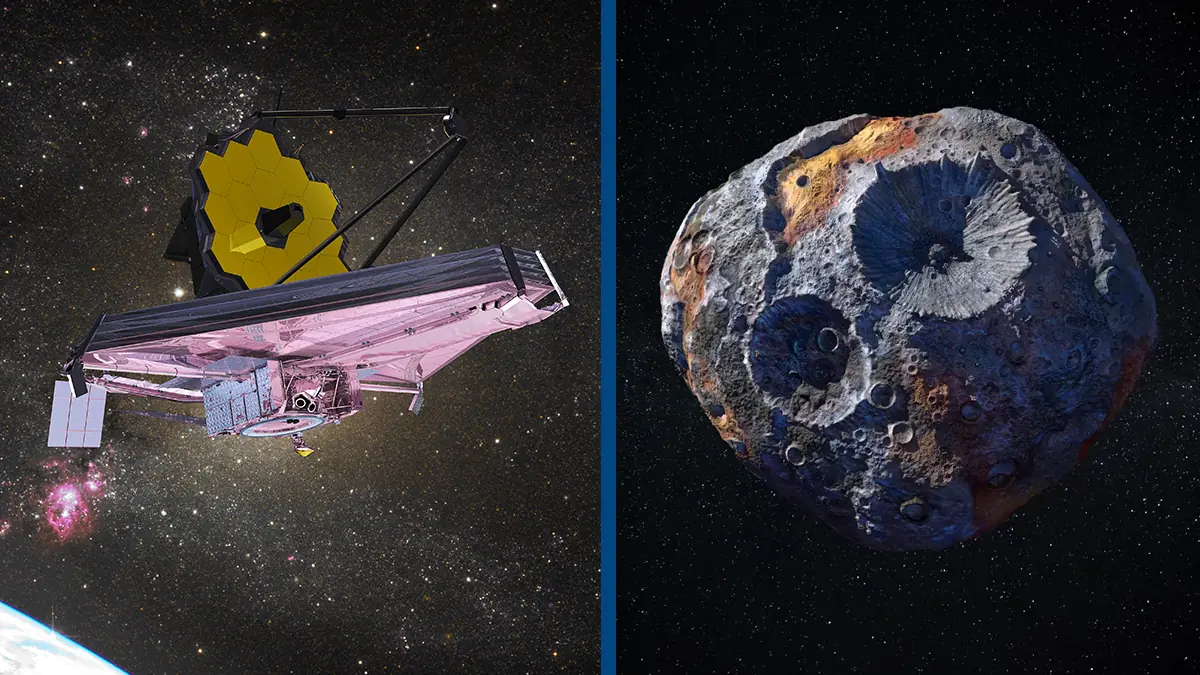
Supercomputer Delivers Chilling Forecast for Humanity’s Future on Earth
Supercomputer Delivers Chilling Forecast for Humanity’s Future on Earth
A powerful supercomputer has delivered a sobering prediction about the long-term future of humanity on Earth.
According to a recent study conducted by scientists at the University of Bristol in the United Kingdom, a climate simulation suggests there will come a time when humans can no longer survive on our planet.
Fortunately, there's no need for immediate panic. The forecast extends far into the future—millions of years from now—long after the current human population will be gone.
Using advanced modeling, the supercomputer predicts that extreme global warming will eventually lead Earth’s continents to merge into a new supercontinent called Pangea Ultima.
This future version of Earth is expected to be unbearably hot and dry, with frequent volcanic eruptions. These conditions would make the planet uninhabitable for most life forms, including mammals and humans.
The simulation estimates this apocalyptic scenario will unfold approximately 250 million years from now.
Dr. Alexander Farnsworth, lead author of the study and senior research associate at the University of Bristol, explained:
“The newly formed supercontinent would create a triple threat: the effects of continentality, a hotter sun, and increased atmospheric CO2. These combined factors would dramatically raise global temperatures.”
“The result would be an overwhelmingly hostile environment, with little to no access to food or water for mammals. Temperatures ranging from 40 to 50°C (104 to 122°F), along with even more extreme daily highs and oppressive humidity, would prevent humans and other species from regulating body heat through sweating—ultimately leading to their extinction.”
Dr. Eunice Lo, a climate change and health expert at the University of Bristol, emphasized that while these predictions concern the distant future, we must not lose sight of the present climate crisis:
“Although a completely uninhabitable Earth is still 250 million years away, we are already seeing extreme heat events today that threaten human health.”
“This highlights the urgent need to reach net-zero emissions as quickly as possible.”
Following a year where 2024 set new global temperature records, experts warn that without immediate action, the consequences of climate change—such as extreme weather—could become a reality much sooner than these long-term projections suggest.
News in the same category


What modern quantum physics now proves, ancient cultures already knew: geometry is not math—it’s memory

Tourists Panic As ‘New Baba Vanga’ Warns Of Disaster Coming In Just 2 Months

Scientists Reveal Images of Potentially City-Destroying Asteroid and Pinpoint Possible Impact Zones

The Overview Effect: What Astronauts Realize After Seeing Earth from Space

Ocean Currents Could Generate 2.5x More Power Than Wind Farms, Study Finds

Inside Super-Kamiokande: The Japanese Neutrino Detector Unlocking the Secrets of the Universe

China’s Futuristic Ocean Lab Dubbed ‘Underwater Space Station’ Could Be Ready By 2030

Scientists Shock World By Turning Lead Into Gold — But There’s A Catch

The Real Reason Empire State Building Was Built Using Bricks From A Tiny British Town

James Webb Telescope Uncovers Shocking Update on $10 Quintillion Asteroid Psyche

RFK Jr. Raises Concerns About 5G Health Risks: Brain Function, EMR, and Cancer Link

People Stunned After Learning The True Meaning Behind ‘SOS’ — It’s Not What You Think

Scientists Reach Bottom Of The Red Sea — What They Found Left Them ‘Shaken’

Taste The Toxin? Shocking Lawsuit Targets Skittles Over Alleged Toxic Ingredient

Antarctica Ice Sheet Grows for First Time in 30 Years, Surprising Scientists

‘Japanese Baba Vanga’ Predicts Mega-Tsunami in July 2025 — Warns of a ‘Boiling Sea’ South of Japan

300,000 Americans On Edge As Massive 11,000ft Volcano Shows Signs Of Imminent Eruption

Wildlife Photographer Captures Alligator With No Bite – Internet Baffled How It’s Still Alive
News Post

Papaya Flowers Soaked in Honey: A Potent Natural Remedy

This Natural Nail Fungus Killer Works Fast: Garlic!

Old Doctor’s Remedy: Almond Milk with Cloves Treats 15 Health Problems in Just 1 Week

The Amazing Health Benefits of Onions: Why This Kitchen Staple Deserves a Spot in Your Wellness Routine

My Daughter Told Me Not to Visit Her Family Again — Days Later, She Was at My Door Begging

300,000 Americans on Alert as Massive 11,000-Foot Volcano Shows Signs of Imminent Eruption

A Week After Moving in, He Gave Me a ‘House Uniform’—He Wasn’t Ready for What Came Next

A seven-year-old orphan boy was about to be disconnected from life support machines, but at the very last moment, he whispered a few words.

The Science Behind Why Your Body Jerks As You Fall Asleep

My Husband Refused to Change Our Baby's Diapers Because 'It's Not a Man's Job' – So I Gave Him a Wake-up Call

Man Eats Slug on a Dare, Leading to Tragic Consequences Years Later

Rude Passenger Cracked My Laptop on the Plane and Refused to Pay – So I Cracked His Ego Instead

Doctor Explains Why You Might Need to Poop Right After Eating — And It’s Not Just IBS

When I discovered why my 5-year-old daughter started drawing our family without her dad, I was speechless.

My Stepmother Tore My Prom Suit Into Pieces So Her Son Could Shine – She Never Expected It to Be Her Biggest Mistake

I THOUGHT MY SON WAS TOO YOUNG TO UNDERSTAND—UNTIL I SAW WHAT HE DID WHILE SHE SLEPT

AM I THE ASSHOLE FOR REFUSING TO GIVE UP MY PLANE SEAT FOR MY SISTER’S HUSBAND?

I Decided to Surprise My Husband at Work Only to Discover He Was on Vacation
